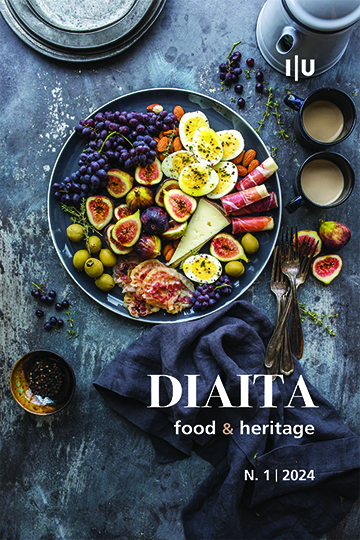The role of children in the construction of food heritage
notes from two Brazilian sociocultural contexts
DOI:
https://doi.org/10.14195/2976-0232_1_13Palavras-chave:
Antropologia da Infância, Património alimentar, natureza, culturaResumo
Este artigo, fruto de uma reflexão apresentada no “8º Colóquio Internacional DIAITA Luso-brasileiro de História e Culturas da Alimentação” com a temática “Da natureza, senhora da mesa, à mesa, mestra da natureza” tem como objetivo provocar a seguinte reflexão: podem as crianças exercer papel ativo na construção dos patrimônios alimentares? Para tanto, propõe-se apresentar as vivências e representações infantis de crianças brasileiras em diferentes contextos socioculturais, um indígena e outro não indígena, acerca das relações estabelecidas com os alimentos, o que inclui a percepção da variedade e sazonalidade alimentar. As referências teóricas para tal intento são embasadas nos campos da Antropologia da Infância, bem como nos estudos acerca das culturas alimentares. Além disso, busca-se uma interpretação seminal do fenômeno a partir de um problema típico da modernidade: a separação (ou conjunção) entre natureza e cultura, como propõe Bruno Latour. A metodologia utilizada é oriunda de observação participante em pesquisas de campo ocorridas em diferentes tempos e espaços: a primeira, uma etnografia entre as crianças indígenas Galibi-Marworno do Amapá (2006) e a segunda, fruto de um projeto de extensão sobre o PNAE (Programa Nacional de Alimentação Escolar) realizado no interior de Minas Gerais (2018).



